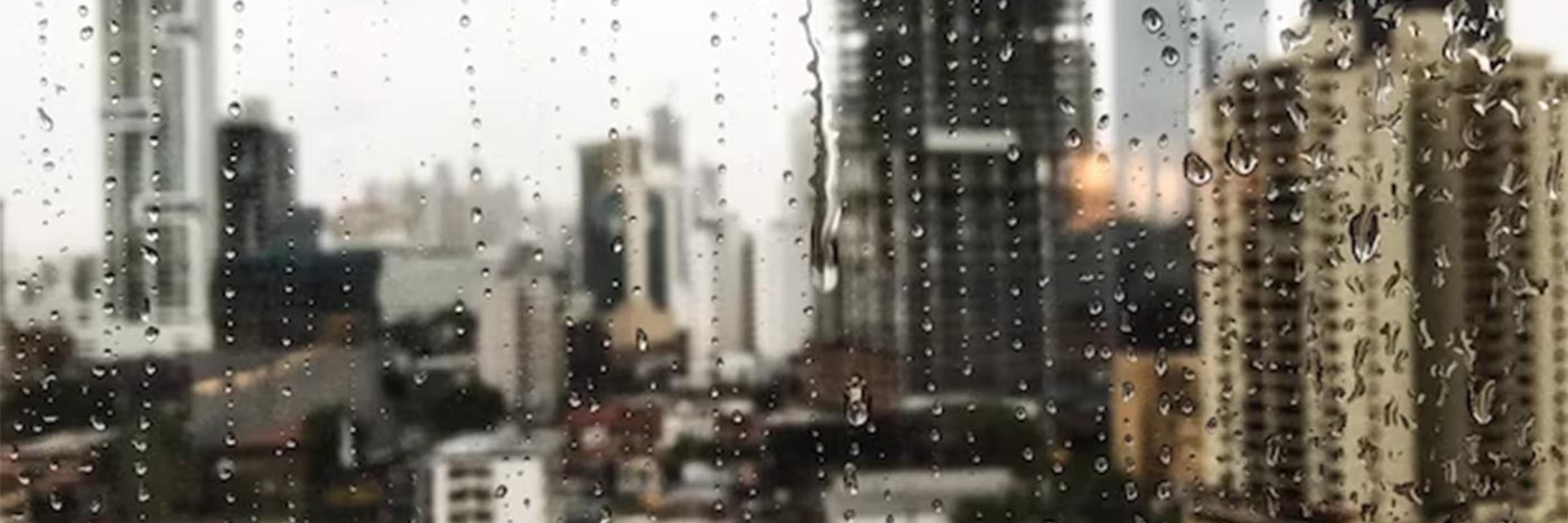
Soak or Sponge? Debating the Monsoon City in Anthropocene Asia
This is a hybrid event, meaning you can attend it in person or online. It will be streamed and recorded, but only the speaker will be filmed, not the audience. Please register using the form on the website of the International Insitute for Asian Studies (IIAS).
The presentation
In Anthropocene Asia, it is the city rather than the village that has increasingly become the policy battle-ground for tackling the impacts of a changed monsoon. Urban flooding has become immediate, terrifying and urgent, particularly in China and India. To ‘soak’ or ‘sponge’, that is the question Prof. Rohan D’Souza (Kyoto University) asks during this UKNA lunch lecture.
Two distinct and compelling paradigms have emerged in recent years that innovatively respond to the urban challenge in Anthropocene Asia. Intense, unpredictable and unprecedented meteorological events have caused cities to become subject to new dangers and vulnerabilities. The sheer scale and recurrence in unparalleled flooding have made it amply clear by now that previous technological and policy approaches are entirely out of step with the realities brought on by the changed monsoon.
It is amidst the context of a climate changed world, however, that two widely published and charismatic designers Dilip Da Cunha and Yu Kongian have begun to articulate their respective soak and sponge paradigms to secure the Asian city. My presentation will discusses their conceptual differences, overlaps and, more importantly, the pressing urgency for comparing and reviewing their ideas and world views.
The speaker
Rohan D’Souza is an environmental historian, who focusses on South Asia and is currently Professor at the Graduate School of Asian and African Area Studies, Kyoto University.
Registration (required)
We kindly ask you to register via the website of the International Institute for Asian Studies. Please indicate whether you want to join in-person or via Zoom.